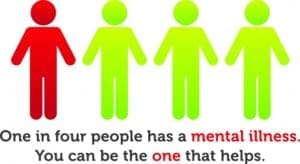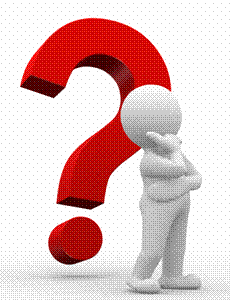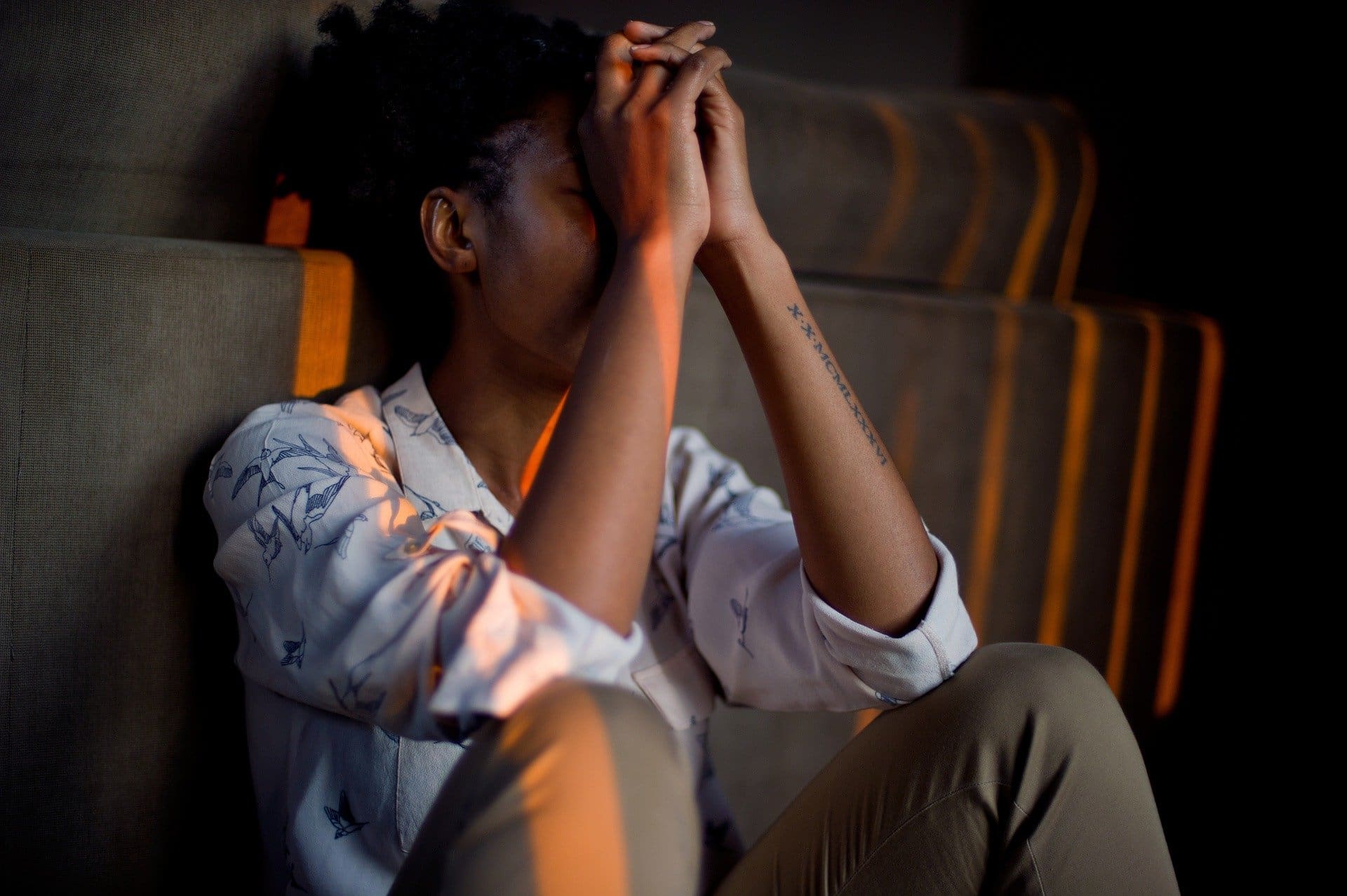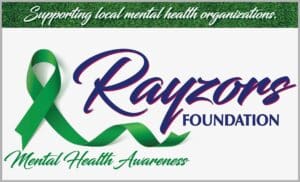
One in four people in the world will be affected by mental illness at some point in their lives. Compounding the problem now is the COVID-19 pandemic. Along with the good that social distancing can do for our own health and society in general, it also increases feelings of isolation, loneliness, stress, and fear—all of which can be triggers that can make many mental illnesses worse. Treatments are available, but nearly two-thirds of people with a known mental disorder never seek help from a health professional. How can you help someone struggling with mental illness?
We all go through tough times and people like your friends, family, co-worker, or clergy can help us through difficult periods. Other times, we may be worried about someone else’s mental health. Are you struggling with your mental health? Do you have a family member, a friend, loved one or a patient that you think may be struggling with their mental health (e.g. depression, anxiety, or suicidal thoughts) or with a substance use disorder. How would you know? What can you do?
Knowing the warning signs and seeking help, for yourself or others, can make all the difference in one’s life. If several of the following are occurring, it may useful to seek help from a mental health professional for yourself, a friend or family member:
- Sleep or appetite changes — Dramatic sleep and appetite changes or decline in personal care
- Mood changes — Rapid or dramatic shifts in emotions or depressed feelings
- Withdrawal — Recent social withdrawal and loss of interest in activities previously enjoyed
- Drop in functioning — An unusual drop in functioning, at school, work or social activities, such as quitting sports, failing in school or difficulty performing familiar tasks
- Problems thinking — Problems with concentration, memory or logical thought and speech that are hard to explain
- Increased sensitivity — Heightened sensitivity to sights, sounds, smells or touch; avoidance of over-stimulating situations
- Apathy — Loss of initiative or desire to participate in any activity
- Feeling disconnected — A vague feeling of being disconnected from oneself or one’s surroundings; a sense of unreality
- Illogical thinking — Unusual or exaggerated beliefs about personal powers to understand meanings or influence events; illogical or “magical” thinking typical of childhood in an adult
- Nervousness — Fear or suspiciousness of others or a strong nervous feeling
- Unusual behavior – Odd, uncharacteristic, peculiar behavior
One or two of these symptoms alone is not a predictor of mental illness but it may indicate a need for further evaluation. If a person is experiencing several of these signs and symptoms at the same time, the individual should be seen by a physician or mental health professional, like an outpatient mental health provider.
People who are in crisis, such as having suicidal thoughts, hallucinations, and/or delusions, should seek immediate attention.
– OR –
Get Help for Family & Friends Here
How to help someone with mental illness?
People with mental health issues sometimes experience a crisis, such as feeling suicidal, or experiencing their own or a different reality. You may feel a sense of crisis too, but it’s important to stay calm yourself.
 There are some general strategies that you can use to help:
There are some general strategies that you can use to help:
- Listen without making judgements and concentrate on their needs in that moment.
- Ask them what would help them.
- Reassure and signpost to practical information or resources.
- Avoid confrontation.
- Ask if there is someone they would like you to contact.
- Encourage them to seek appropriate professional help.
- If they have hurt themselves, make sure they get the first aid they need.
In some severe cases, mental health disorders such as depression, bipolar disorder, anxiety, post traumatic stress disorder, and psychotic symptoms (hallucinations & delusions) can best be treated in an inpatient psychiatric environment. If you know someone who is suicidal or in emotional distress, call BryLin Hospital, a psychiatric hospital providing short-term, crisis stabilization for children, adolescents, and adults.
Seek immediate assistance if you think your friend or family member is in danger of harming themselves.
You can call Crisis Services 716-834-3131 or the National Suicide Prevention Line at 1-800-273-8255.
– OR –
BryLin Hospital will accept voluntary patients 7 days a week, 7am – 11pm by calling the admissions department at (716) 886-8200 ext. 2264.
 Did You Know? You can often avoid long waits in an emergency room by contacting BryLin Hospital directly to speak with a mental health professional.
Did You Know? You can often avoid long waits in an emergency room by contacting BryLin Hospital directly to speak with a mental health professional.
Even if you feel your support and actions are not making a difference, know that they are most likely making a difference for your friend or family member. Your loved one may be hurting and not have the ability to recognize what you’re doing is to help. They may not be able to express appreciation at that moment. However, knowing that you’re there for them can make all the difference and be extremely important in helping with their recovery.
For more information on treatment options or to schedule a phone assessment, call (716) 886-8200 to speak confidentially with a mental health professional today.




Comments are closed